From the time you are born to around the time you turn 30, your muscles grow larger and stronger. But at some point in your 30s, you start to lose muscle mass and function. The cause is age-related sarcopenia or sarcopenia with aging.Physically inactive people can lose as much as 3% to 5% of their muscle mass each decade after age 30. Even if you are active, you’ll still have some muscle loss.
What Is Sarcopenia?
Sarcopenia literally means “lack of flesh.” It’s a condition of age-associated muscle degeneration that becomes more common in people over the age of 50. After middle age, adults lose 3% of their muscle strength every year, on average. This limits their ability to perform many routine activities.
Unfortunately, sarcopenia also shortens life expectancy in those it affects, compared to individuals with normal muscle strength. Sarcopenia is caused by an imbalance between signals for muscle cell growth and signals for teardown. Cell growth processes are called “anabolism,” and cell teardown processes are called “catabolism”.
There’s no test or specific level of muscle mass that will diagnose sarcopenia. Any loss of muscle matters because it lessens strength and mobility.
Sarcopenia typically happens faster around age 75. But it may also speed up as early as 65 or as late as 80. It’s a factor in frailty and the likelihood of falls and fractures in older adults.
Four Factors That Accelerate Muscle Loss
Although aging is the most common cause of sarcopenia, other factors can also trigger an imbalance between muscle anabolism and catabolism.
1. Immobility, Including a Sedentary Lifestyle
Disuse of muscle is one of the strongest triggers of sarcopenia, leading to faster muscle loss and increasing weakness. Bed rest or immobilization after an injury or illness leads to rapid loss of muscle. Although less dramatic, two to three weeks of decreased walking and other regular activity is also enough to decrease muscle mass and strength.
Periods of decreased activity can become a vicious cycle. Muscle strength decreases, resulting in greater fatigue and making it more difficult to return to normal activity.
2. Unbalanced Diet
A diet providing insufficient calories and protein results in weight loss and diminished muscle mass. Unfortunately, low-calorie and low-protein diets become more common with aging, due to changes in sense of taste, problems with the teeth, gums and swallowing, or increased difficulty shopping and cooking.
To help prevent sarcopenia, scientists recommend consuming 25–30 grams of protein at each meal.
3. Inflammation
After injury or illness, inflammation sends signals to the body to tear down and then rebuild the damaged groups of cells. Chronic or long-term diseases can also result in inflammation that disrupts the normal balance of teardown and healing, resulting in muscle loss. For example, a study of patients with long-term inflammation resulting from chronic obstructive pulmonary disease (COPD) also showed that patients had decreased muscle mass.
Examples of other diseases that cause long-term inflammation include rheumatoid arthritis, inflammatory bowel diseases like Crohn’s disease or ulcerative colitis, lupus, vasculitis, severe burns and chronic infections like tuberculosis.
A study of 11,249 older adults found that blood levels of C-reactive protein, an indicator of inflammation, strongly predicted sarcopenia.
4. Severe Stress
Sarcopenia is also more common in a number of other health conditions that increase stress on the body. For example, people with chronic liver disease, and up to 20% of people with chronic heart failure, experience sarcopenia.
In chronic kidney disease, stress on the body and decreased activity lead to muscle loss. Cancer and cancer treatments also place great stress on the body, resulting in sarcopenia.

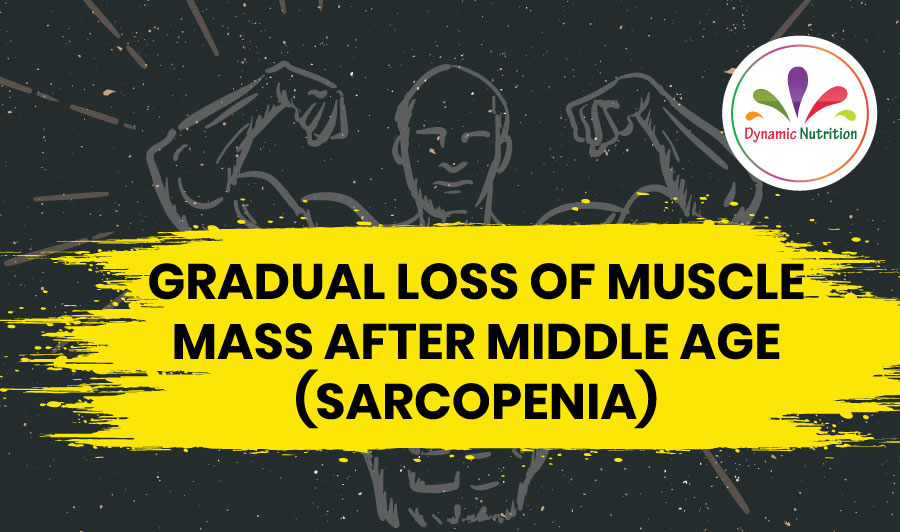
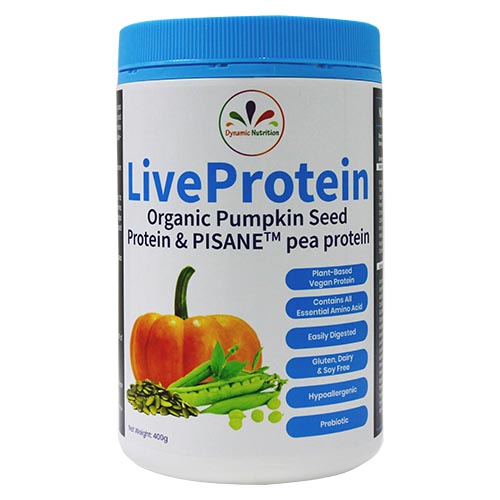



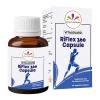

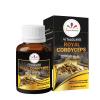
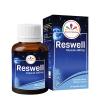


Facebook Comments